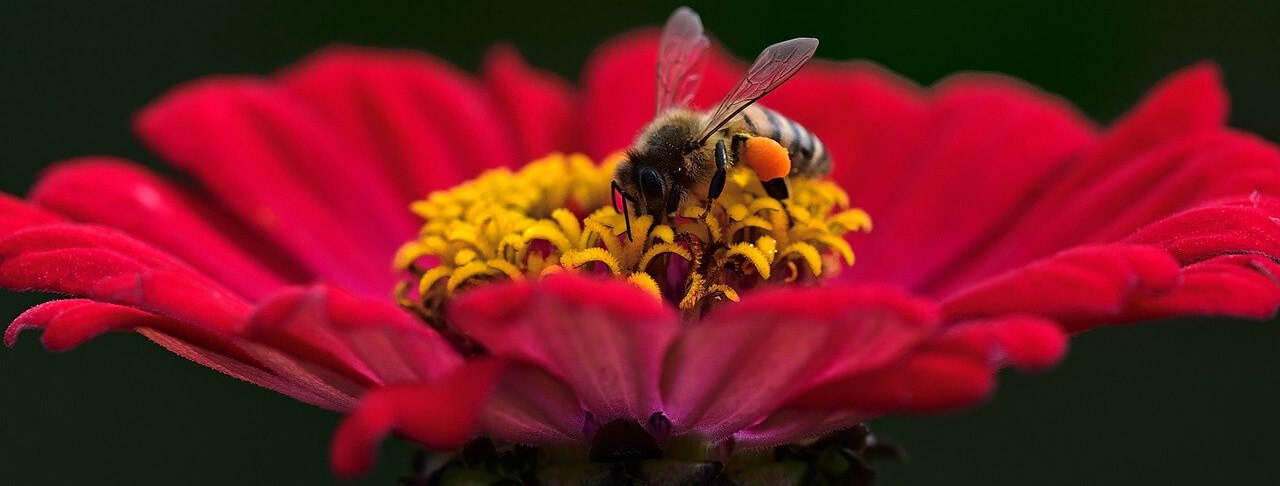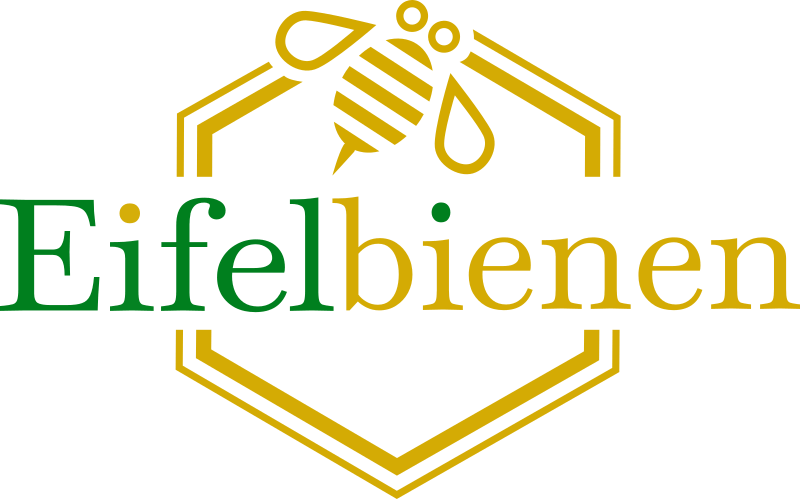
In Germany, about 89,000 beekeepers are organized in the German Beekeepers’ Association, keeping about 625,000 bee colonies (as of 2012). In addition, there are a large number of non-organised beekeepers and about 500 professional beekeepers. Although the majority of apiaries are no longer located on farms, beekeeping as a branch of animal husbandry is part of agriculture.
On the one hand, bees collect nectar, honeydew and pollen from fields and forests as food and the basis for honey production; on the other hand, they ensure the yields of numerous crops by pollinating flowers. Honey bees have been kept by humans as pets for thousands of years. In more recent times, thanks to largely controlled mating, they can also be cultivated with increasing success in the direction of gentleness, resistance and honey yield. This is why beekeeping is still considered “customary” even in the outskirts of large cities.
In animal health legislation, the bee is treated like any other domestic animal. Under the Civil Code, beekeepers are entitled to certain special rights. Bee protection is also regulated by law in relation to plant protection measures. Nevertheless, the honeybee is not legally recognized as a domestic animal because it flies freely and cannot be tamed. Therefore, beekeeping is still considered a “local practice” even in the suburbs of large cities. In animal health legislation, bees are treated like all other domestic animals.
Continue reading What do bee stings do?




